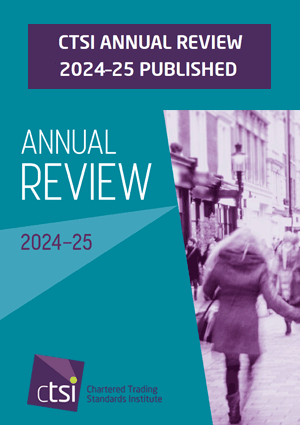Home Office
|
|
|
Olympic and paralympic games background checking gets underway
The process of background checking more than 380,000 Games time workers, athletes and officials ahead of next summer’s Olympic and Paralympic Games has begun, the Home Office announced yesterday.
All athletes, officials, workers and media who require access to Olympic and Paralympic venues in the summer of 2012 will be accredited. As part of this process they will undergo immigration, criminal record and security checks to help ensure the safety and the security of the games.
The Home Office is carrying out these checks on behalf of The London organising committee of the olympic and paralympic games (LOCOG). Once the background checks have been carried out the Home Office will recommend to LOCOG that an accreditation should be refused to any individual it believes may present a safety or security risk.
This rigorous process has been designed in partnership with LOCOG, the international olympic committee (IOC) and the international paralympic committee (IPC).
Home Office Minister Damian Green said:
'We are undertaking stringent checks on all those seeking accreditation. This rigorous process has been designed to ensure those working at the games are fit to do so.'
'We will leave nothing to chance in our aim to deliver a safe and secure games that London, the UK and the whole world will enjoy.
LOCOG chief executive Paul Deighton said:
'The accreditation process is a big job, crucial to the delivery of a safe and secure games. We are working closely with our colleagues at the IOC, the IPC and the Home Office to deliver a system that works efficiently and effectively.'
The accreditation pass will also act as a visa waiver for those games family members from overseas who would normally require a visa to come to the United Kingdom (UK). It will be refused where an individual’s presence at the Games or in the UK would not be conducive to the public good.
Notes to editors
1. LOCOG is responsible for delivering the accreditation process for the olympic and paralympic Games. The accreditation card identifies individuals and their roles at the games, as well as which areas they can access in olympic and paralympic venues.
2. These checks will not replace any statutory requirements for employers to conduct role-specific checks (e.g. to obtain a criminal records bureau enhanced certificate) when that is mandated for a person’s role working with children or vulnerable people.
3. If a person requires accreditation they will be told by the organisation for which they are working or volunteering. Athletes or team officials will be informed by their national olympic/paralympic committee.
4. Individual applicants may exercise their right under the data protection act to lodge a subject access request with the Home Office in respect of their application. Necessary legal provision will be in place to protect information provided to the Home Office where appropriate.


